UK Weather: Temperatures to jump to 14C on Monday after blizzard and snow
Weather warnings in place for snow and ice ahead of a warm turn
Britain’s recent cold snap could end with a dramatic turn to unseasonably warm weather.
Temperatures are expected to jump by 15C or more across the UK on Monday after more than one week of severely cold and icy weather.
Forecasters said milder air coming in from the Atlantic will drift in, bringing daytime maximum temperatures of 11C to 14C – far above Britain’s December average of around 5C.
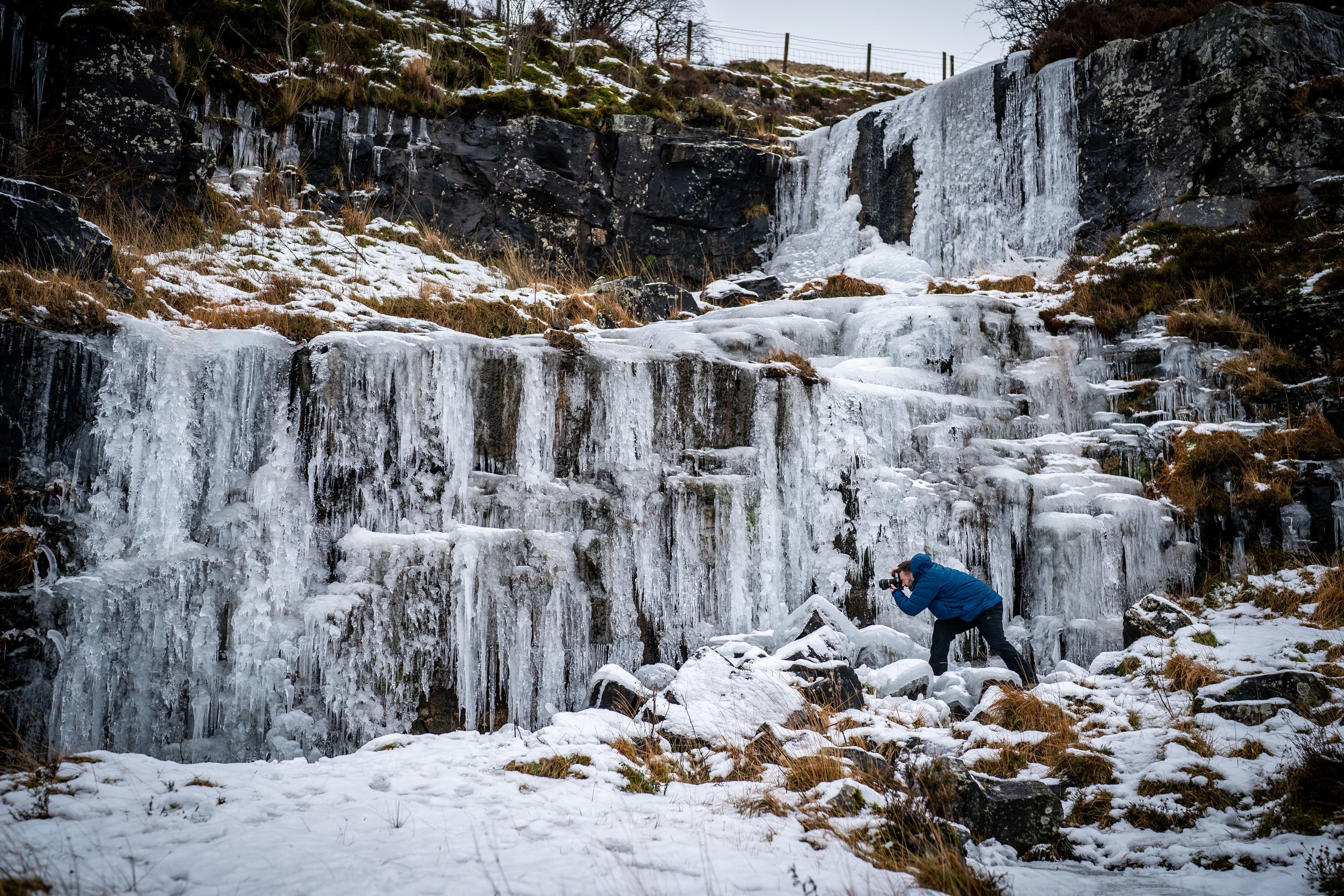
Meanwhile, weather warnings for ice and snow are in place for the weekend as blizzards are expected to sweep across the north of the country.
The Met Office has issued a yellow warning for ice for parts of northern Scotland from 4pm on Saturday.
On Sunday there are a number of yellow warnings for snow, ice and rain around Britain, as well as an amber warning for ice which covers northeast and northwest England, East Midlands, West Midlands and Yorkshire and Humber from 9am to 8pm.
The UK Health Security Agency issued a level three cold weather alert for all of England until midnight on Sunday, which it warns could “increase the health risks to vulnerable patients and disrupt the delivery of services”.
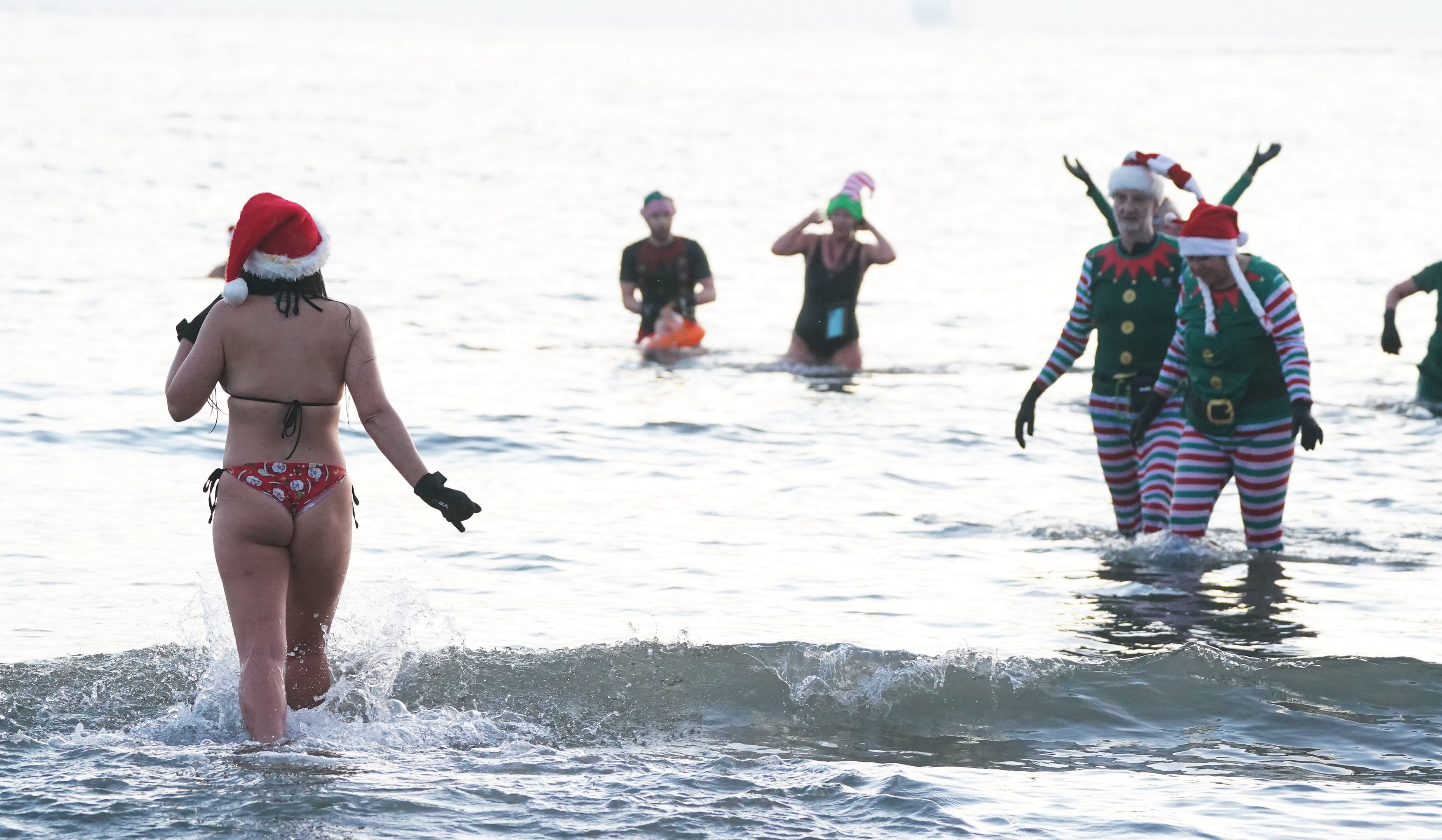
Met Office deputy chief forecaster Helen Caughey said: “The northerly airflow and cold conditions which have dominated our weather patterns over the last 10 days will start to lose ground to a push of mild air from the southwest on Sunday.
“As the mild air meets the cold air currently in situ over the UK there will be a transient spell of snow, potentially to low levels, especially in the north.
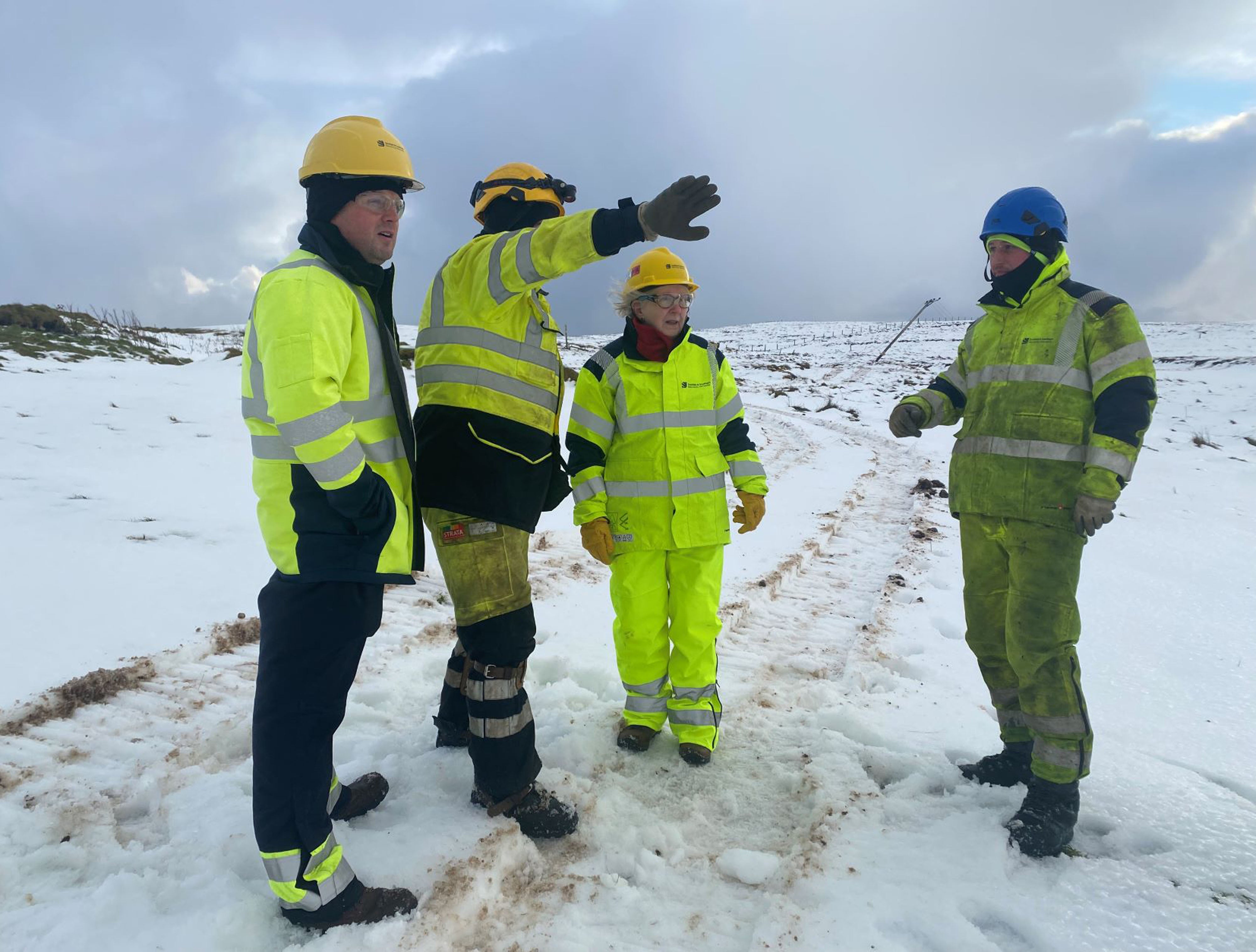
“Add to this the risk of rain falling on to frozen surfaces, and strong winds over upland areas of northern Britain, bringing blizzard conditions, and this could be a day to avoid travelling in some areas, although the snow should turn to rain later.
“There is also a brief risk of a period of freezing rain most likely to impact areas from the Pennines northwards, which could result in some power interruptions.”
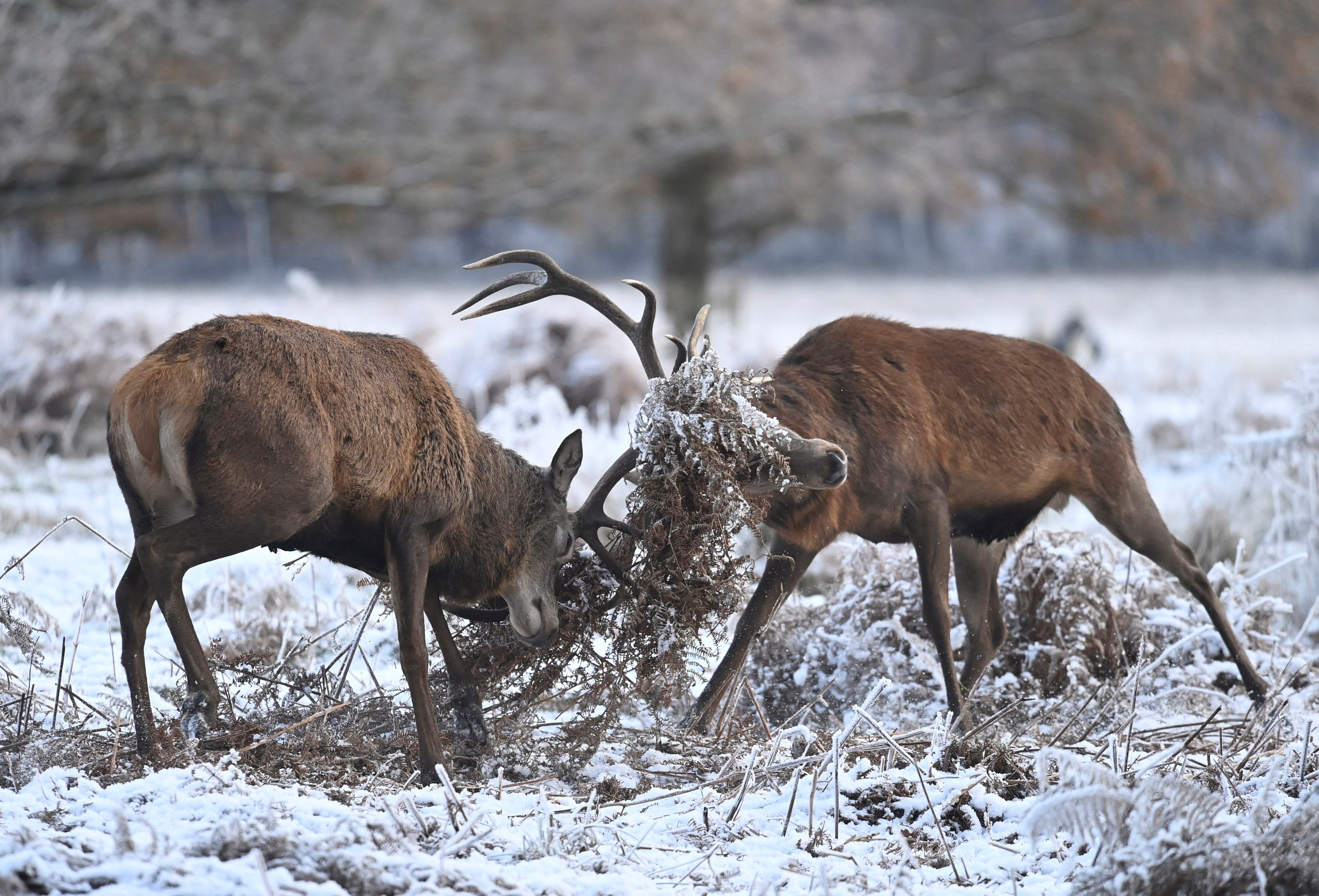
Ms Caughey said cold temperatures were likely to return next week but it was still too early to say whether there would be a white Christmas.
The latest forecast came as members of the Rail, Maritime and Transport union (RMT) continued a 48-hour strike at Network Rail and 14 rail operators in England which crippled services.
Trains started later than usual on Saturday and finished earlier, while some parts of the country had no services.
Disruption will continue for the rest of the month because of an overtime ban by RMT members at 14 train operators.
Electricity was restored to parts of the Shetland Islands on Saturday after icing on power lines caused an outage. As of 5.30pm, around 350 properties remained without power on the mainland.
On Tuesday, a temperature of minus 17.3C in Braemar in Scotland – the coldest temperature since 11 February 2021 – while other places around the country have recorded lows of minus 10C to minus 15C at night.
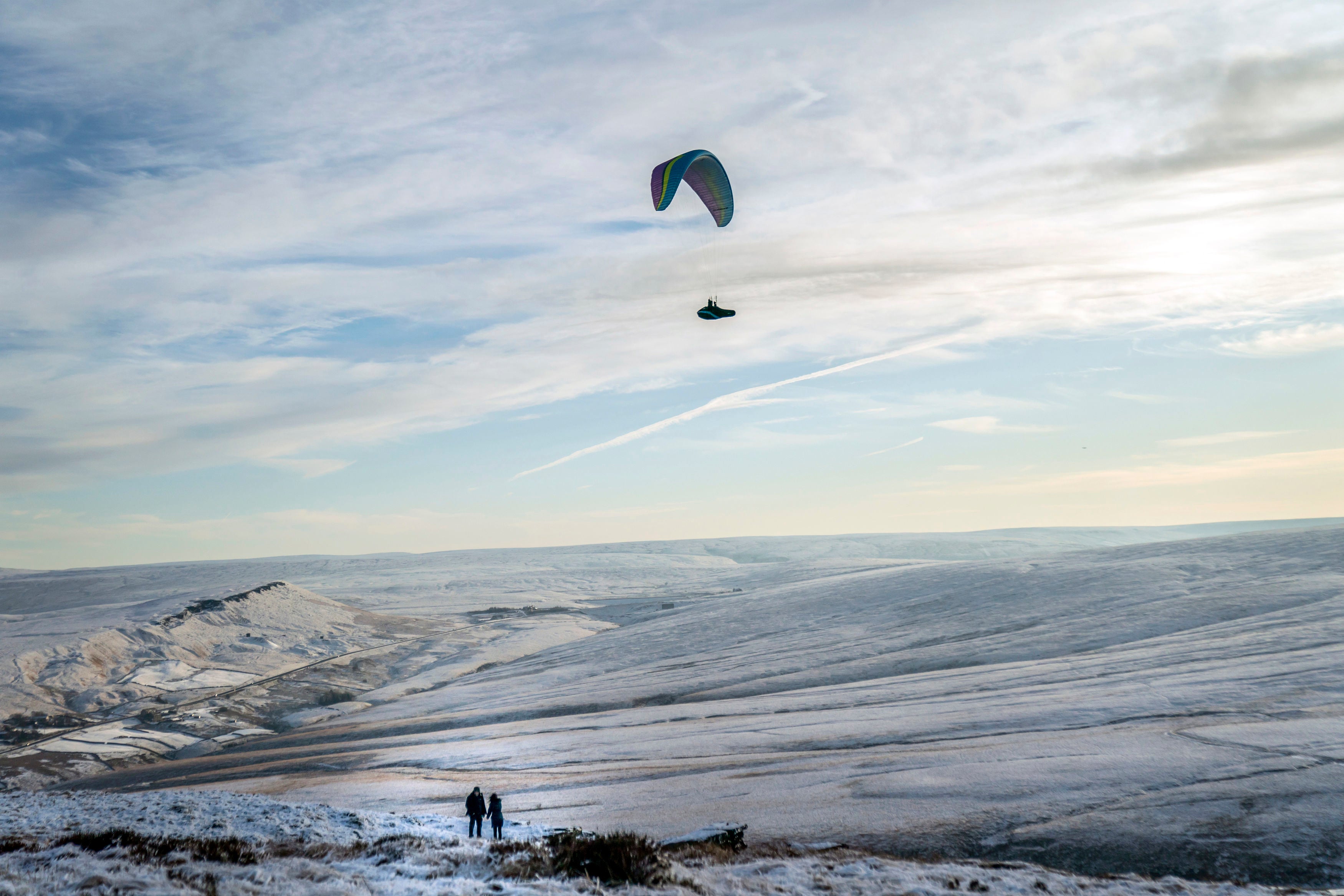
Met Office forecaster Marco Petagna said both daytime and night-time temperatures are expected to increase over the next couple of days.
Mr Petagna said it is not unheard of to get temperatures in the low teens at this time of year, but said the contrast of going from very cold to very mild in a day or two is quite unusual.
Peter Jenkins, director of campaigns at Water UK, advised that the rise in temperature could burst pipes due to freeze-thaw.
“That’s why we’re urging everyone to check their water pipes are well insulated now and to follow our simple tips to protect homes against weather conditions,” he said.





Join our commenting forum
Join thought-provoking conversations, follow other Independent readers and see their replies
0Comments